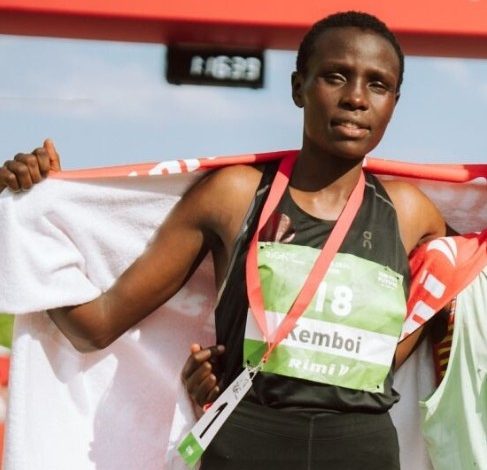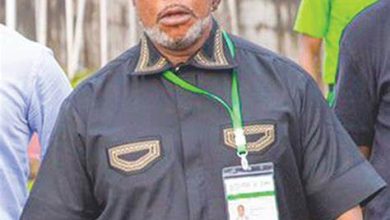Kemboi Admits to Doping Violation, Accepts Two-Year Ban

The Athletics Integrity Unit (AIU) the body whose role is to protect the integrity of the sport of Athletics says Kenyan athlete Judy Jelagat Kemboi has formally admitted to violating anti-doping rules and accepted a two-year ban from athletics, marking yet another blow to Kenya’s reputation in global track and field.
Her admission came on 7 August 2025, when the AIU received a signed Acceptance of Consequences form from the runner, confirming her acceptance of the charge and the imposed sanction. The ban, effective from 6 August 2025, follows the detection of hydrochlorothiazide (HCTZ) — a prohibited diuretic — in her system.
Kemboi’s case began months earlier, on 8 April 2025, when she provided a urine sample during an out-of-competition test in Kenya. The sample, coded 8160946, was analyzed at the WADA-accredited laboratory in Lausanne, Switzerland. On 2 May, the lab reported an Adverse Analytical Finding, confirming the presence of HCTZ.
The AIU says on its website it reviewed the result under the International Standard for Results Management (ISRM) and found no procedural errors in the testing process.
Crucially, Kemboi did not hold a Therapeutic Use Exemption (TUE) for the substance, and there was no evidence of any testing irregularities.
On 27 May 2025, the AIU says it formally notified Kemboi of the violation and outlined her rights, including the option to request a B Sample analysis and to provide an explanation. She chose to attend an interview with AIU representatives on 3 June, accompanied by her authorized athlete representative.
During the interview, Kemboi explained that she had visited a medical clinic in Eldoret in early April for treatment and had been prescribed several medications. She submitted supporting documentation
She also provided photographs of the medications and a supplement container labeled ABE (All Black Everything) Ultimate Pre-Workout.
In an effort to clear her name, Kemboi requested that the remaining medications in her possession be analyzed for traces of HCTZ. On 2 July, she handed the samples over to the Anti-Doping Agency of Kenya (ADAK), which transferred them to the WADA-accredited Seibersdorf Laboratory in Austria.
However, on 5 August 2025, the lab reported that none of the submitted medicines contained HCTZ. With no alternative explanation for the substance’s presence in her original sample, the AIU proceeded with a formal Notice of Charge and provisional suspension.
Kemboi’s admission and acceptance of the two-year ban now place her among a growing list of Kenyan athletes sanctioned for doping violations — a trend that continues to raise concerns about medical oversight, supplement use, and athlete education in the country.




